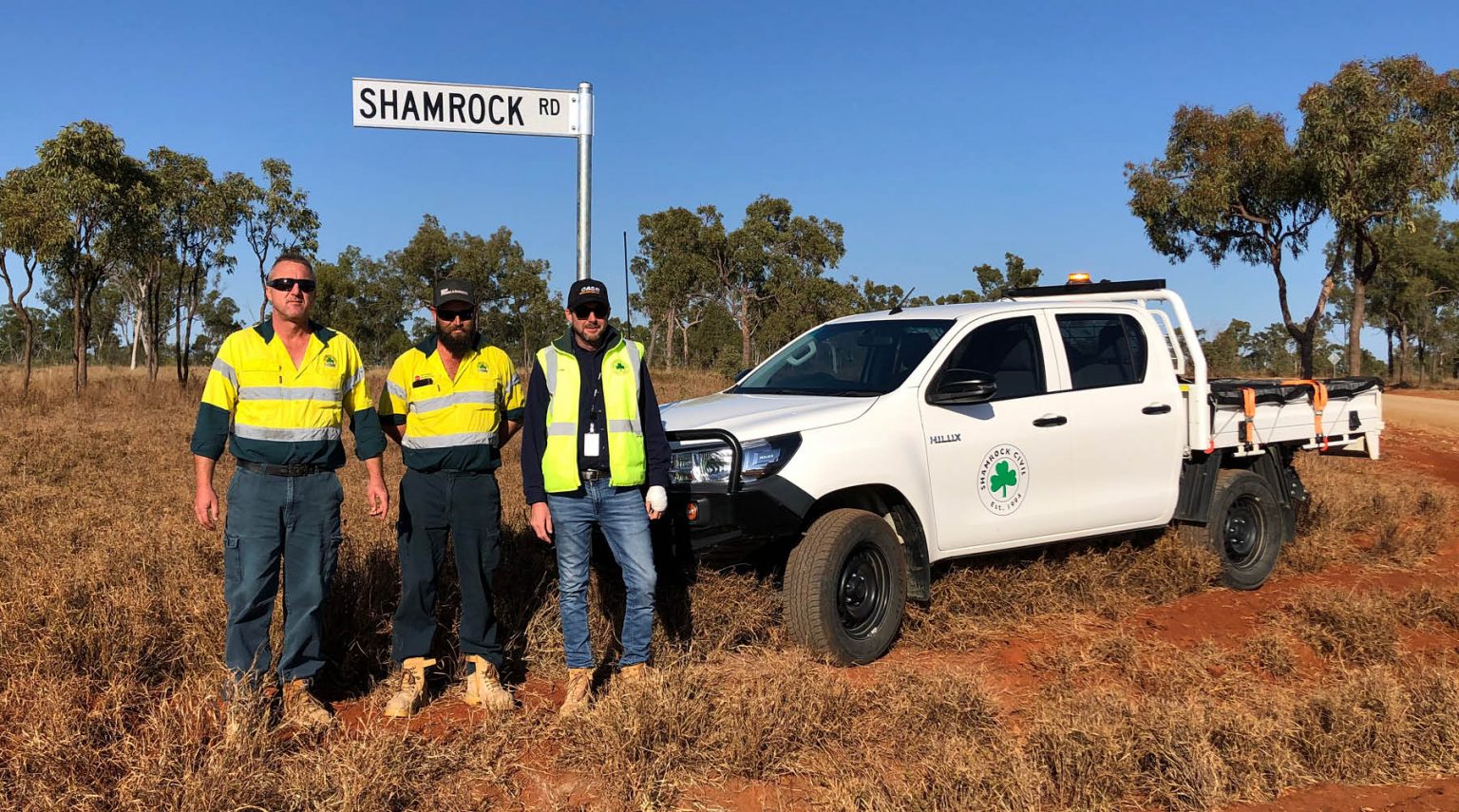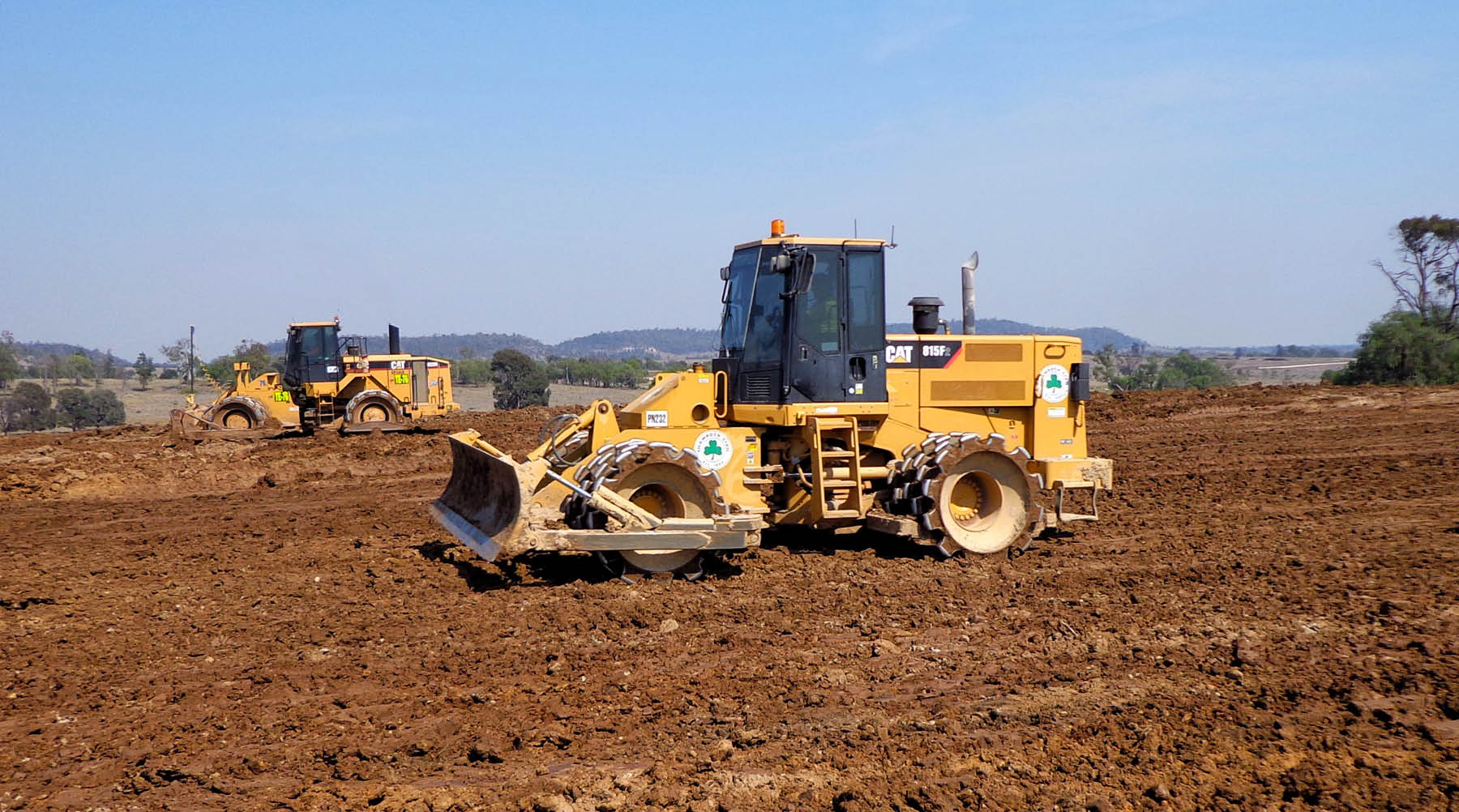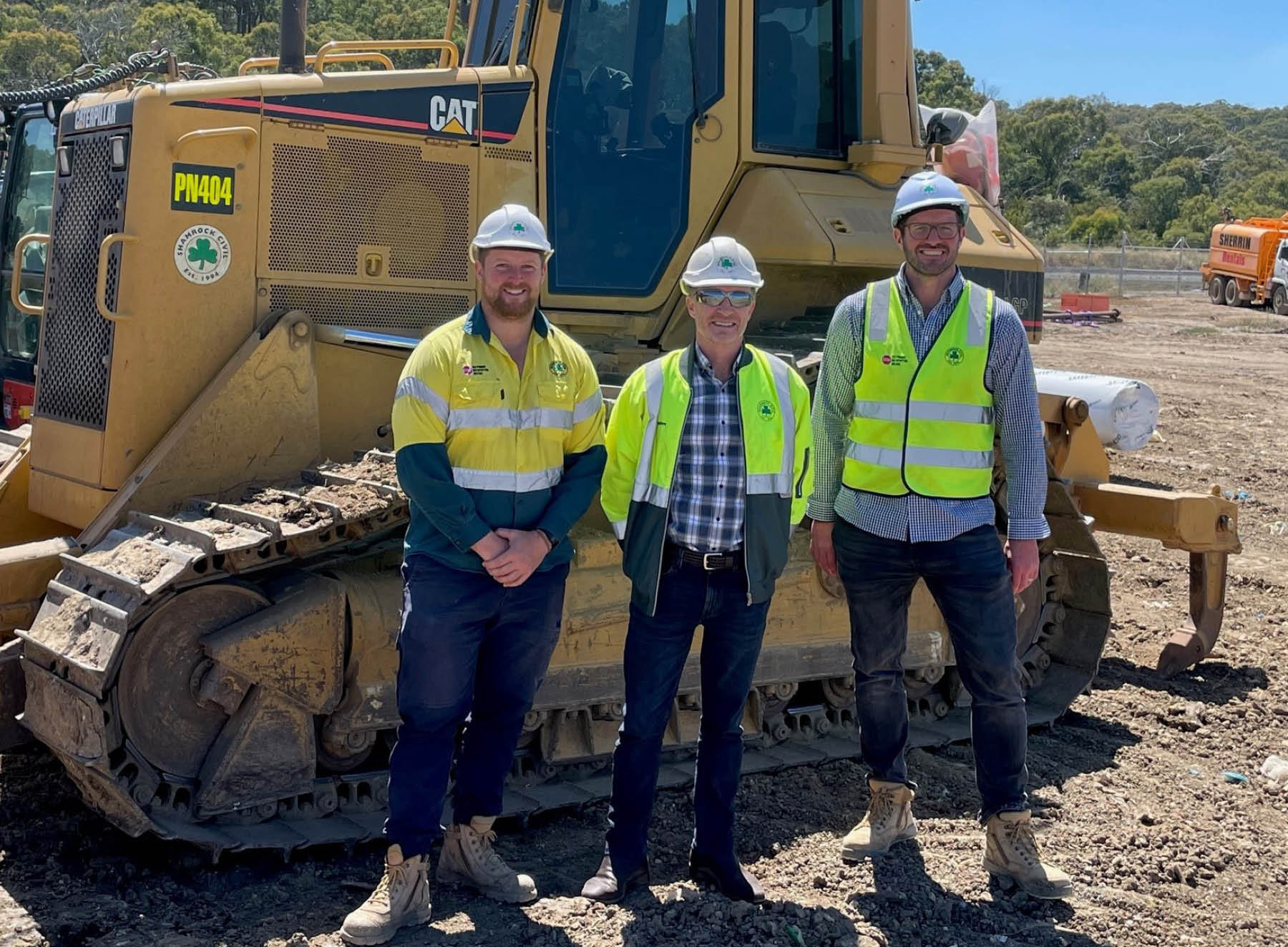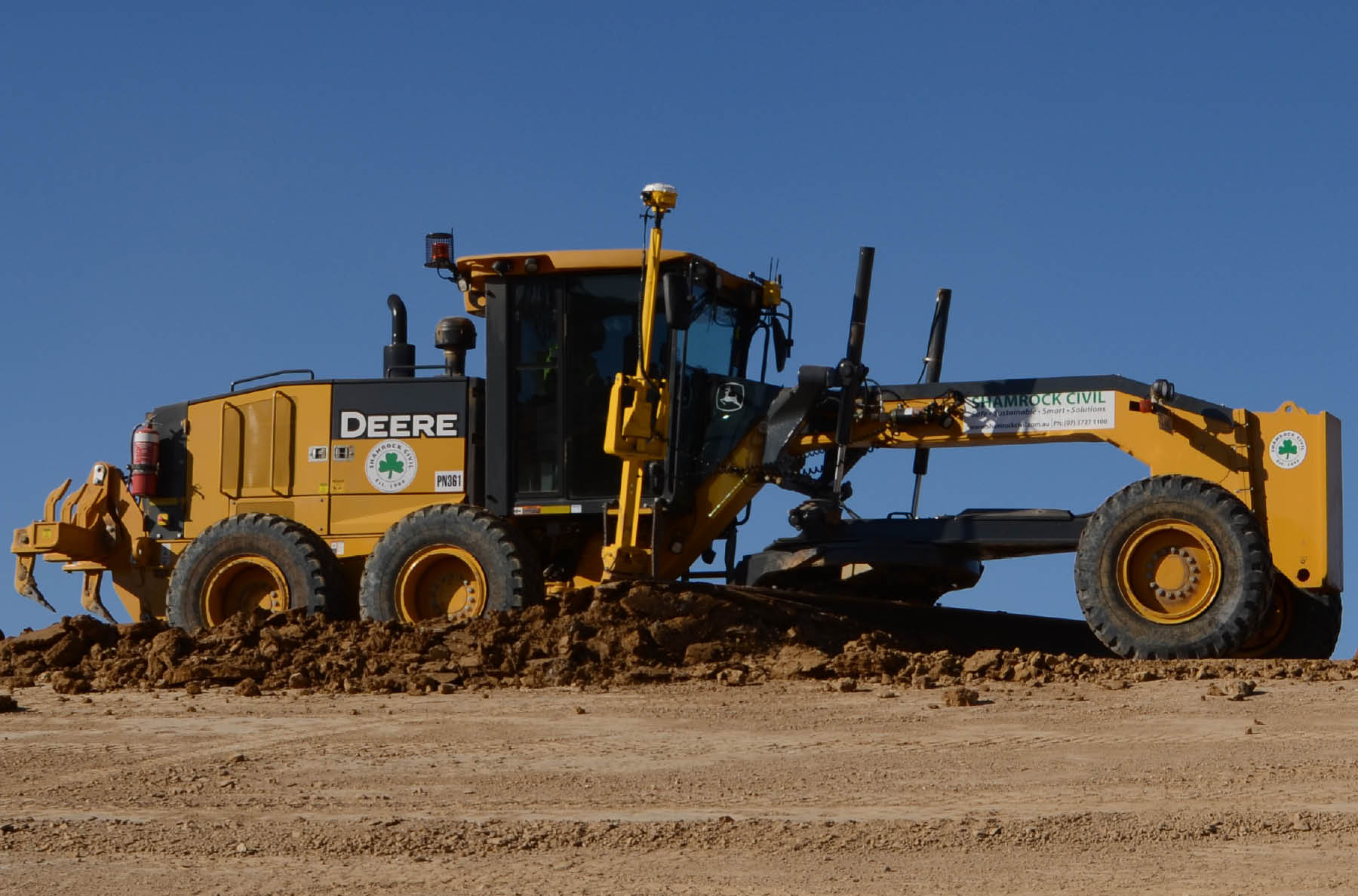Andrew Kerr is the first to admit that the past few years have been a volatile and ever-changing backdrop for Shamrock Civil Engineering to operate against. With disruption across all industries during the COVID-19 pandemic, construction took a particularly heavy blow with supply shortages, rising prices for materials, skill shortages and economic volatility.

But the CEO of the civil engineering and construction company, which has completed more than US$1.25 billion worth of projects across Australia and Papua New Guinea over the past 29 years, credits a strong company culture as one of the key factors steering the ship through uncharted waters
As Kerr tells The CEO Magazine, if you don’t have a solid team, you don’t have a solid business.

“Our cultural approach is the most important aspect,” he says. “We want to give our employees reasons to be part of the Shamrock team and a reason that they enjoy going to work. We’ve got a good culture. We’ve had to develop a conducive workplace that fosters that type of approach.”
So what exactly does that uplifting company culture look like for the 180-plus employees?
“We foster a caring and understanding culture that looks out for all the individuals and stakeholders that we engage with,” Kerr says.

If you’re not maintaining pace with the marketplace as far as people’s salaries go, then you’re not even going to get over the first hurdle.
Constant nurturing
And clearly, it’s working with Kerr pointing out Shamrock’s impeccable staff retention as one of the company’s biggest achievements.
“Our staff retention is something that I’m very proud of and that’s a result of our culture. We want to maintain a healthy, respectful and caring culture in a business that’s involved in high-risk operations,” he says.

We want to give our employees reasons to be part of the Shamrock team and a reason that they enjoy going to work.
He does admit, however, that it’s “not easy and it needs attention and continual nurturing”.
Indeed, the scope of Shamrock’s work includes projects in high-risk construction services including bulk earthwork, demolition, decontamination, roadwork, bridges and culverts, water and sewer reticulation, and design and construction projects.
Nevertheless, Kerr thrives at maintaining and delivering a stable business in a high-risk environment.
Focusing on stability
One of the key strategies Shamrock has focused on is the pace at which the business grows.
“Our goal is to maintain steady and sustainable growth. If you go too big too quickly, there are a lot of issues that can follow,” he says.
In a post-pandemic world, Shamrock has embraced an adaptable approach to steadily growing the business.
“On the recruitment side of things, we’ve had to broaden our search strategy to include external recruitment agencies and career platforms like Seek, LinkedIn and others,” he explains.
Shamrock has also cast their focus on attracting recent college or trade school graduates.
“They’re the lifeblood of our business and they’ve got a future that we want to be a part of. And so, by focusing on that, that gives us some enjoyment to see the development of the younger employees,” Kerr admits.
To do this, Shamrock is devoted to offering new recruits competitive packages that will stand out in the market.
“We have processes and procedures in place to ensure we know where the marketplace is and that we’re always ahead of that curve,” he says. “If you’re not maintaining pace with the marketplace as far as people’s salaries go, then you’re not even going to get over the first hurdle.”
Decentralized work environment
Another key element for success is Shamrock’s commitment to investing in its IT systems, helping to support its many remote employees that are located across the country.
“We’ve had to bolster our systems. It never ends,” Kerr says. “Our systems have been a major part of the development of our business. Because, without them, you can’t provide a workplace where people want to go to work every day.

If you’re not on board with a decentralized workplace, well, then you won’t survive.
“It’s a continual development that we have to put time, effort and funds into to make sure that we’ve got cutting-edge systems in place to support our employees,” he continues.
“That’s the way it’s been going for the last couple of years. If you’re not on board with a decentralized workplace, well, then you won’t survive. That’s something that has changed in the last two years, and it’s going to keep changing,” he says.

One reason in Shamrock’s case is the large amount of work it does in remote places, Kerr says.
“We’ll work from the back of nowhere in the Northern Territory to central Queensland to Northern Queensland, all the way down into Woomera in South Australia, Victoria and the surrounding areas,” he says. “It’s all remote, and like the rest of the world, it is becoming a more decentralized workplace.
“We need to have systems to support decentralization of the workplace, and flexibility is key to doing that,” he continues. “And if you don’t have the proper platforms to enable the flexibility, you’re going to struggle.”



